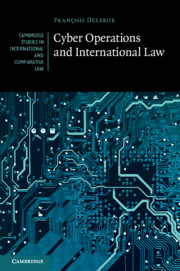A quarter-century ago in the Nicaragua judgment, the International Court of Justice insisted that to disallow a state's adherence to any particular governmental doctrine ‘would make nonsense of the fundamental principle of State sovereignty, on which the whole of international law rests, and the freedom of choice of the political, social, economic and cultural system of a State’ (para 263). The Court invoked the 1970 Friendly Relations Declaration and related documents that ‘envisage the relations among States having different political, economic and social systems on the basis of coexistence among their various ideologies’ (para 264). Although the continued relevance of this model of sovereign equality has since been called into question – above all, in the name of human rights, international criminal justice, and the ‘responsibility to protect’ – no systematic replacement has emerged. Notwithstanding some modification and erosion, the sovereign equality principle continues to have significant (and worthy) implications for legal relations between liberal and non-liberal states.
